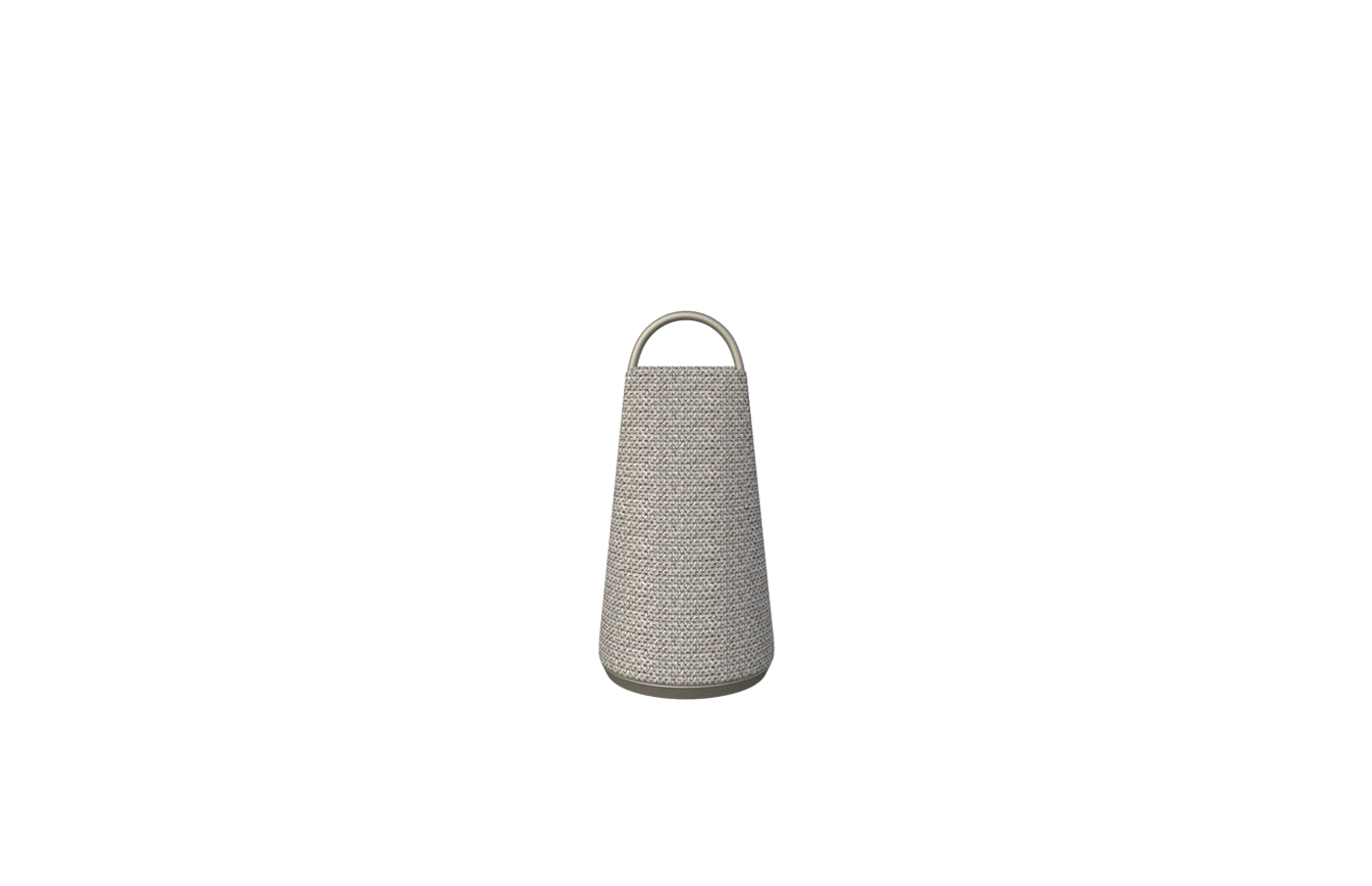[ Handles Plastic]How Companies are Finding Innovative Ways
Plastic pollution has become a global crisis, with millions of tons of plastic waste ending up in our oceans, landfills, and natural habitats every year. The detrimental impact of plastic on our environment and wildlife is well-documented, prompting governments, organizations, and businesses to take action. Many companies have started to explore innovative ways to handle plastic waste, both to reduce the pollution caused by single-use plastic and to find sustainable alternatives to traditional plastic materials.
One growing trend in handling plastic waste is recycling. Recycling plastic not only reduces the amount of waste that ends up in landfills but also helps minimize the production of new plastic. Many companies are investing in advanced recycling technologies to efficiently process plastic waste and convert it into new products or materials. For instance, some innovative recycling methods involve breaking down plastic into its basic components and then using those building blocks to create new plastics, reducing the need for virgin raw materials.
Another approach in handling plastic waste is the use of bioplastics. Unlike traditional plastics derived from fossil fuels, bioplastics are made from renewable resources, such as cornstarch, sugarcane, or even byproducts of agricultural processes. These materials have a much lower carbon footprint and degrade more easily than conventional plastics. Companies are increasingly adopting bioplastics for their packaging, reducing reliance on single-use plastics and providing consumers with more environmentally friendly alternatives.

How Companies are Finding Innovative Ways to Handle Plastic Waste
Furthermore, companies are seeking to address the issue of plastic waste right from the design stage. By designing products to be easily recyclable or reusable, manufacturers can contribute to reducing plastic pollution. For example, some companies are developing packaging solutions that are 100% recyclable, encouraging consumers to properly dispose of their waste. By using innovative designs and materials, these companies are able to offer sustainable packaging without compromising on functionality or aesthetics.
Beyond recycling and bioplastics, many companies are also focusing on reducing plastic consumption altogether. This involves finding alternatives to single-use plastics and encouraging consumers to adopt more sustainable habits. For instance, some companies are exploring the use of alternative materials for packaging, such as compostable materials or reusable containers. Additionally, initiatives promoting the use of refillable water bottles and reusable shopping bags have gained popularity, helping to reduce the demand for single-use plastics significantly.

How Companies are Finding Innovative Ways to Handle Plastic Waste

How Companies are Finding Innovative Ways to Handle Plastic Waste
Furthermore, another innovative approach to handling plastic waste involves turning it into energy. Some companies are investing in technologies that convert plastic waste into various forms of energy, such as electricity or fuel. This not only helps to tackle the plastic waste problem but also contributes to reducing our dependency on fossil fuels. By transforming plastic waste into a valuable energy source, these companies are creating a circular economy, where waste is seen as a valuable resource rather than mere trash.
In conclusion, the plastic waste crisis has spurred companies to find innovative ways to handle plastic waste. Through recycling, bioplastics, sustainable design, waste reduction, and energy conversion, businesses are making significant strides in reducing plastic pollution. These various approaches not only help protect the environment and wildlife but also contribute to building a more sustainable and resilient future. However, it is essential for governments, consumers, and industries to work together to tackle this issue comprehensively and create a world where plastic waste is no longer a threat. Rattan Dinner table Set